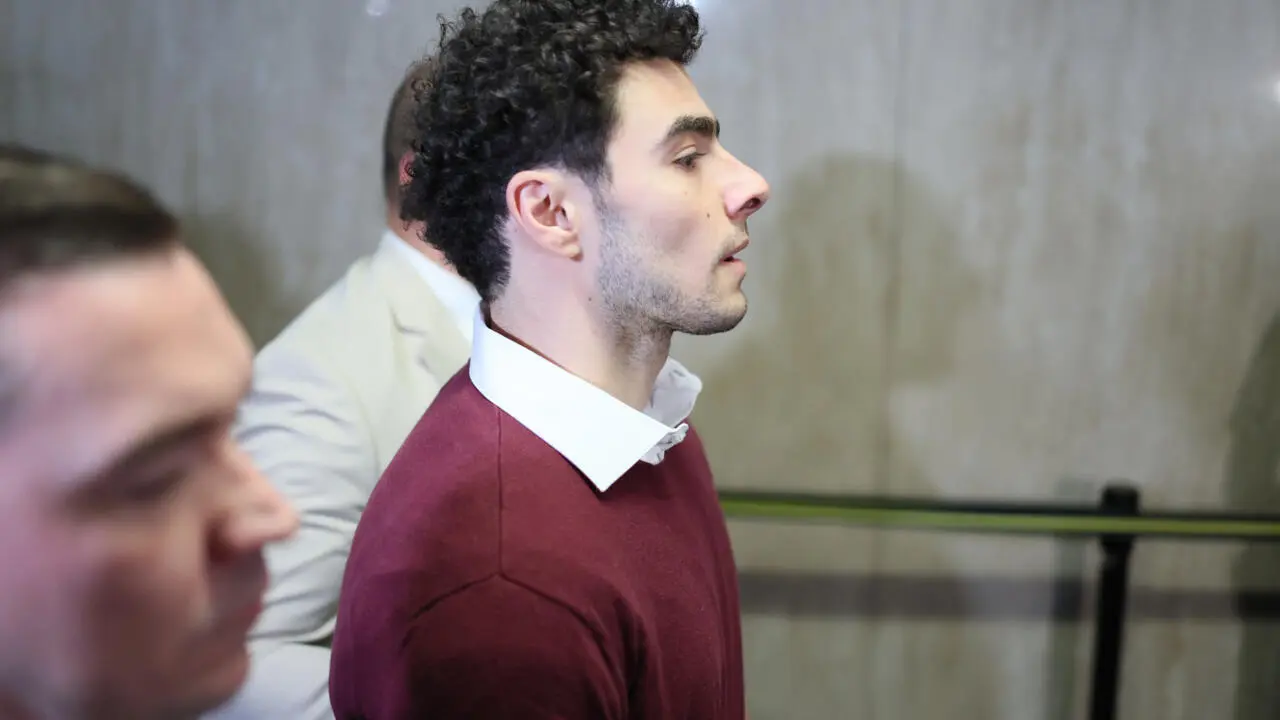Accused killer of US insurance CEO pleads not guilty to 'terrorist' murder
Accused killer of US insurance CEO pleads not guilty to 'terrorist' murder

Accused killer of US insurance CEO pleads not guilty to 'terrorist' murder

The man accused of gunning down a health insurance executive in a brazen hit in New York that sparked fierce debate about the industry pleaded not guilty Monday to state charges including "terrorist" murder.
Monday's hearing came after Mangione, 26, appeared in a New York court last week to face federal charges also including murder following his dramatic extradition by plane and helicopter from Pennsylvania, where he was arrested at a McDonald's restaurant. The suspect is charged in both state and federal court in the December 4 shooting of UnitedHealthcare chief executive Brian Thompson.
People demonstrating against the industry gathered outside court Monday brandishing banners reading "free Luigi" and "innocent until proven guilty."
If convicted in the state case, Mangione could face life imprisonment with no parole. In the federal case, he could technically face the death penalty.
Mangioni's attorney Karen Friedman Agnifilo has previously sought clarity on how simultaneous federal and state charges would work, calling the situation "highly unusual."
Agnifilo raised concerns on Monday that Mangione could not receive a fair trial, and questioned why New York mayor Eric Adams had been present when Mangione was brought off a police helicopter at a Manhattan helipad last week. Aginifilo told local media Monday that officials "are treating him like he is like some sort of political fodder." She said the sight of Mangione flanked by rifle-wielding tactical officers during the final stage of his extradition that was widely broadcast was "utterly political."